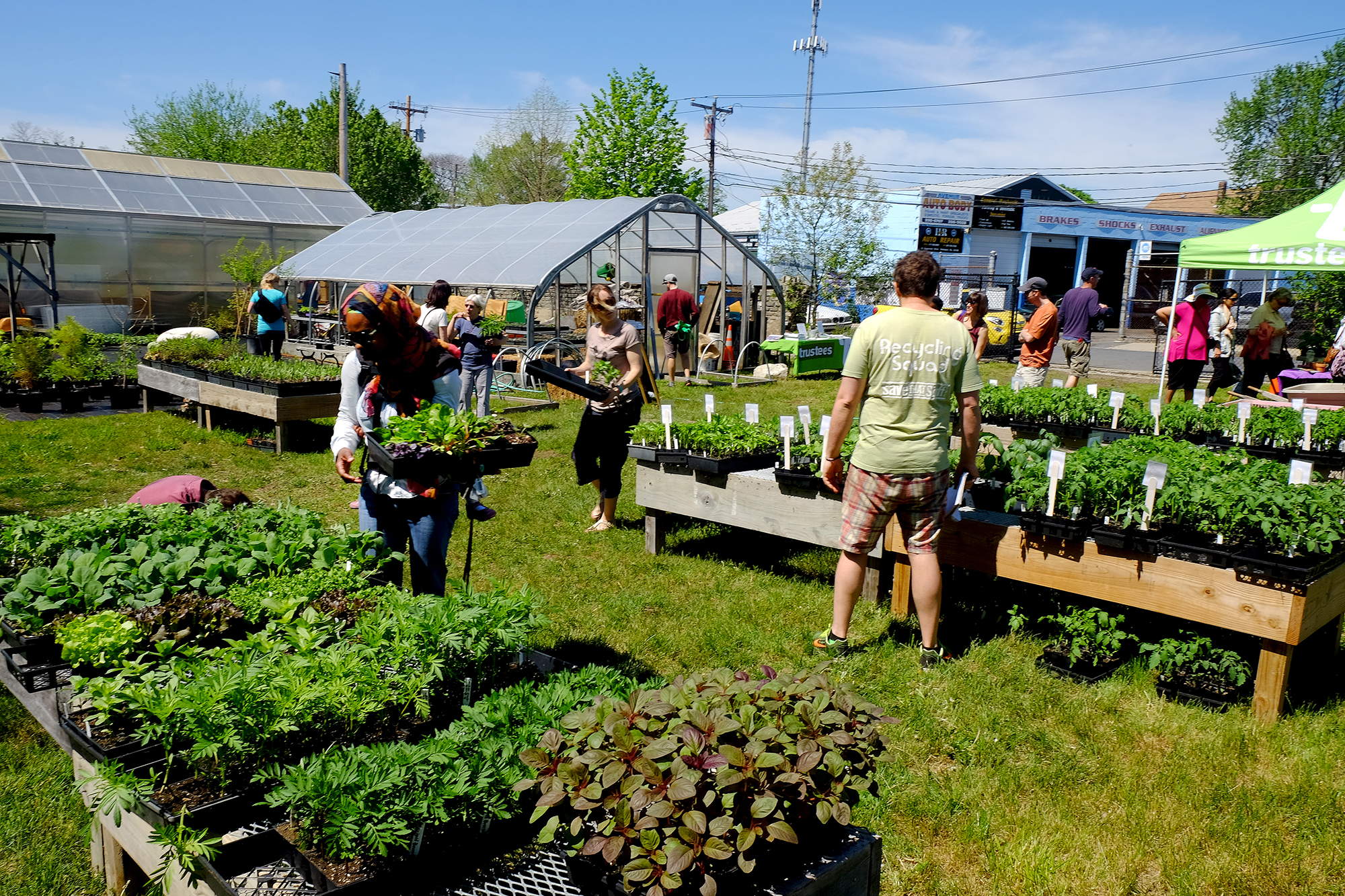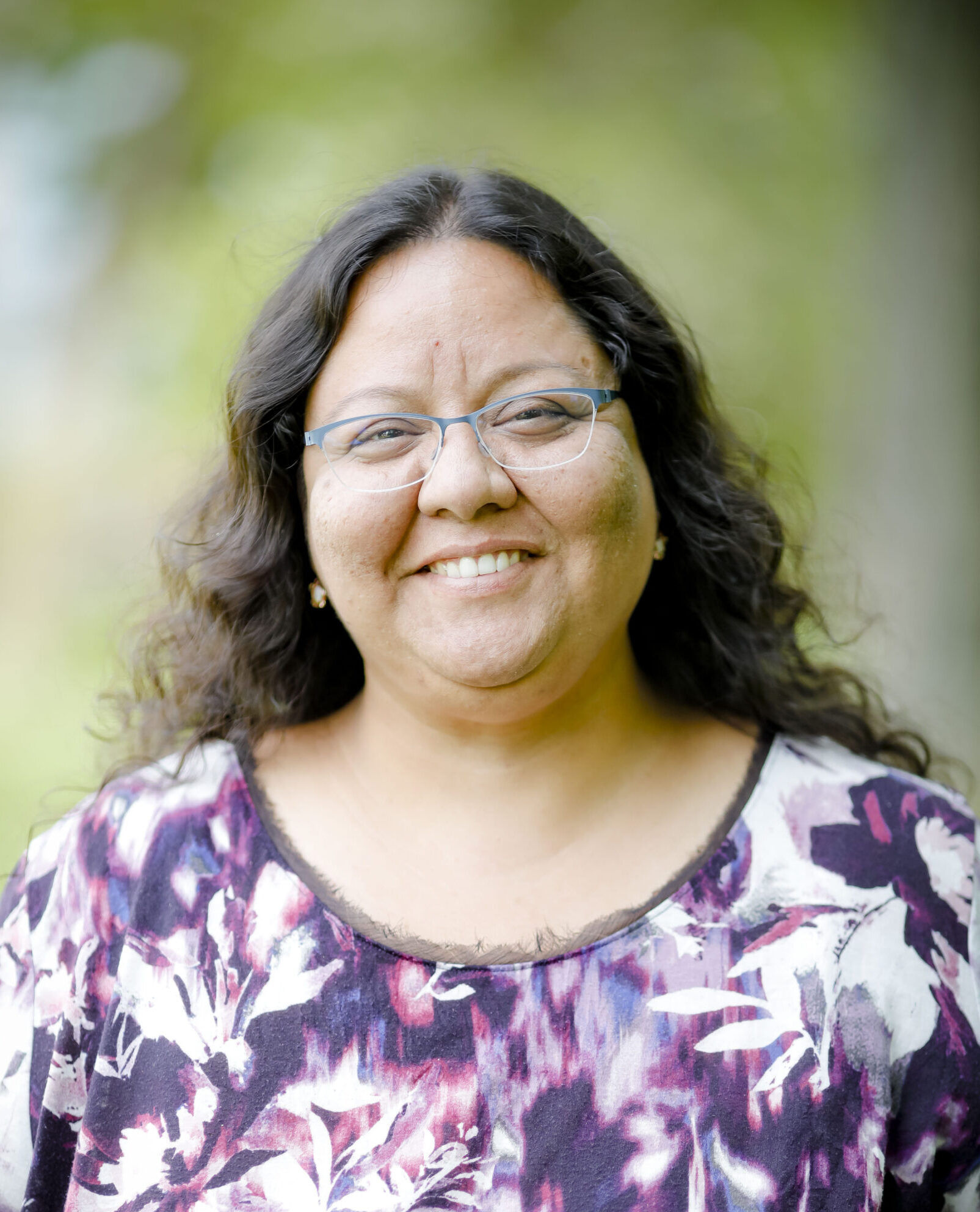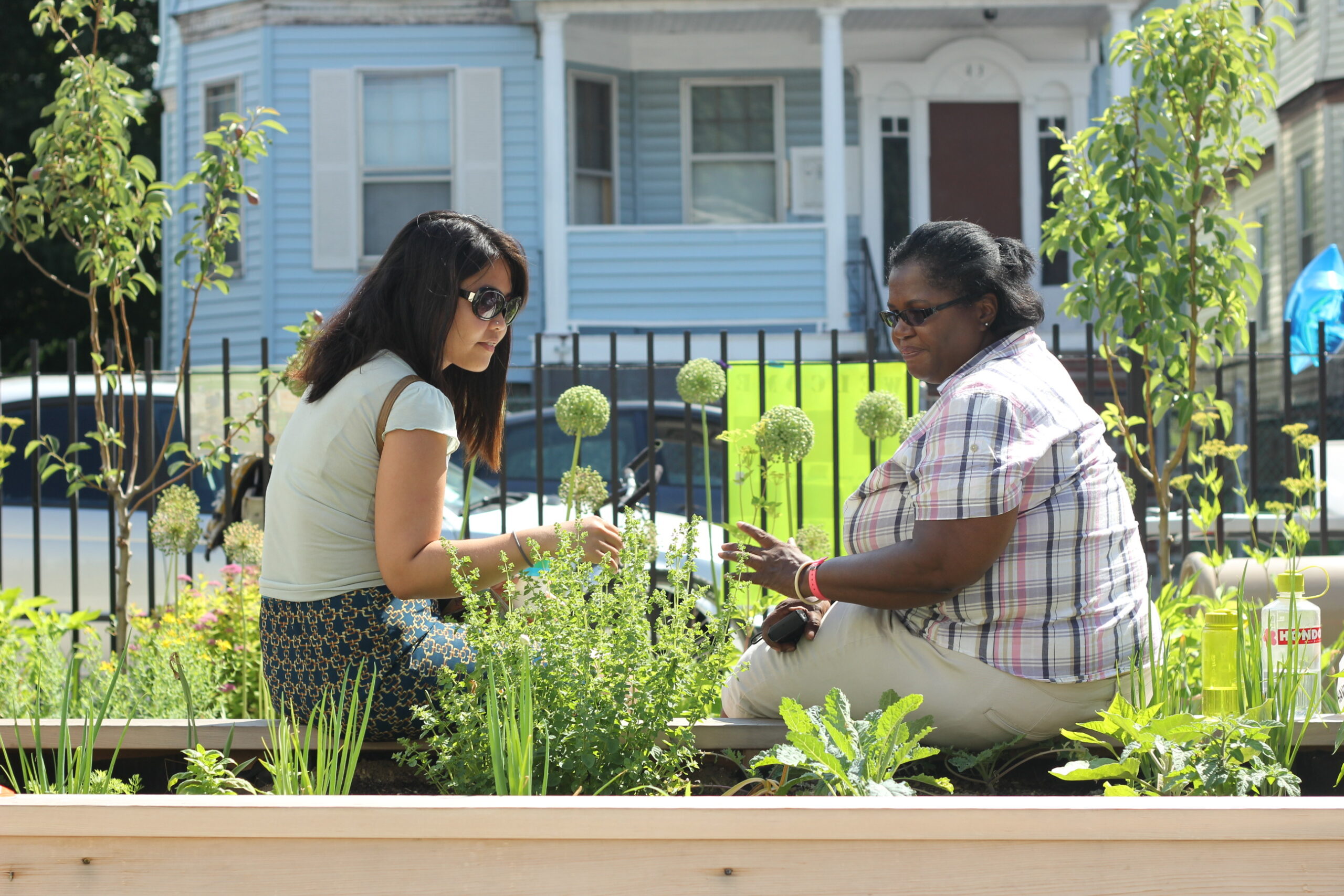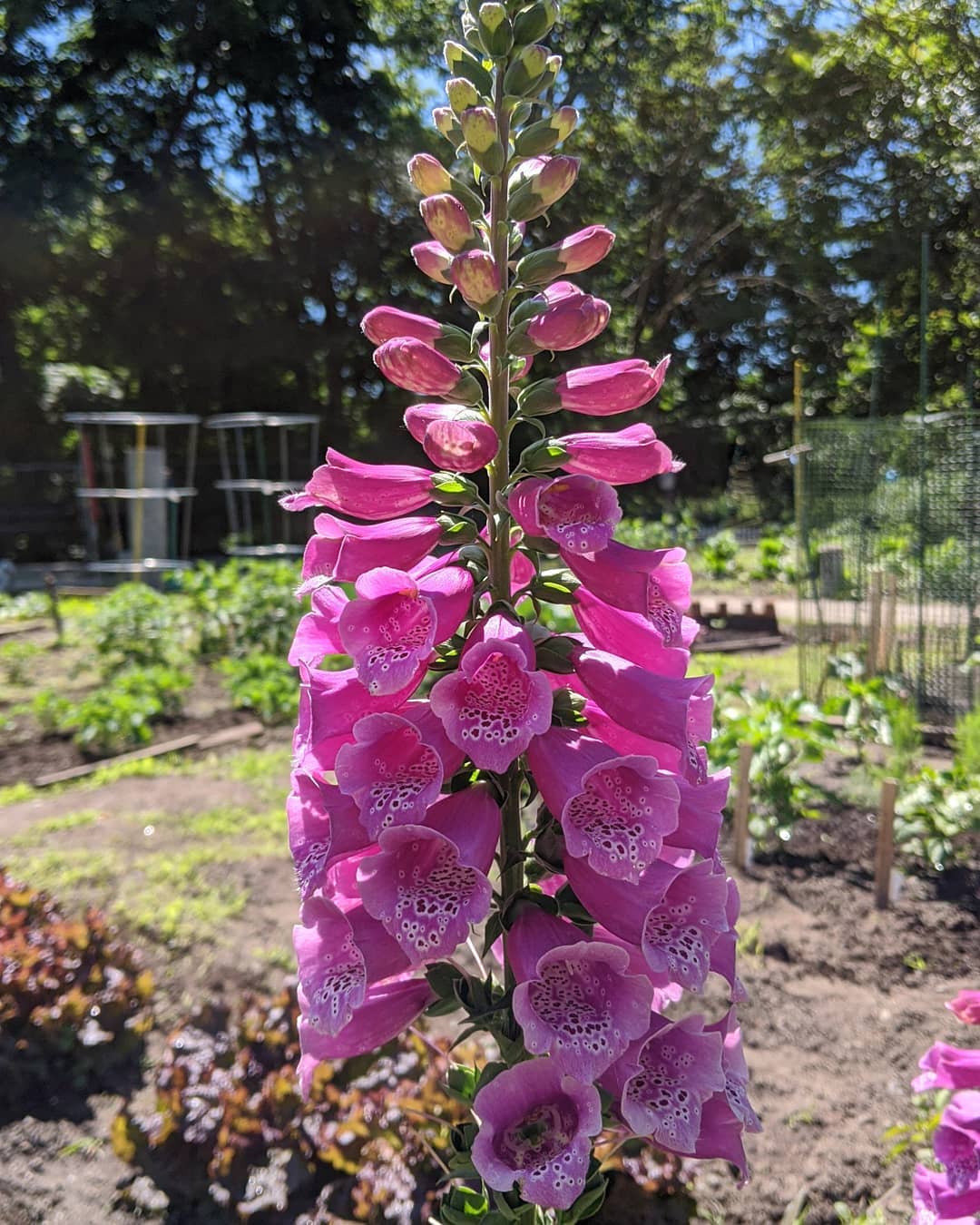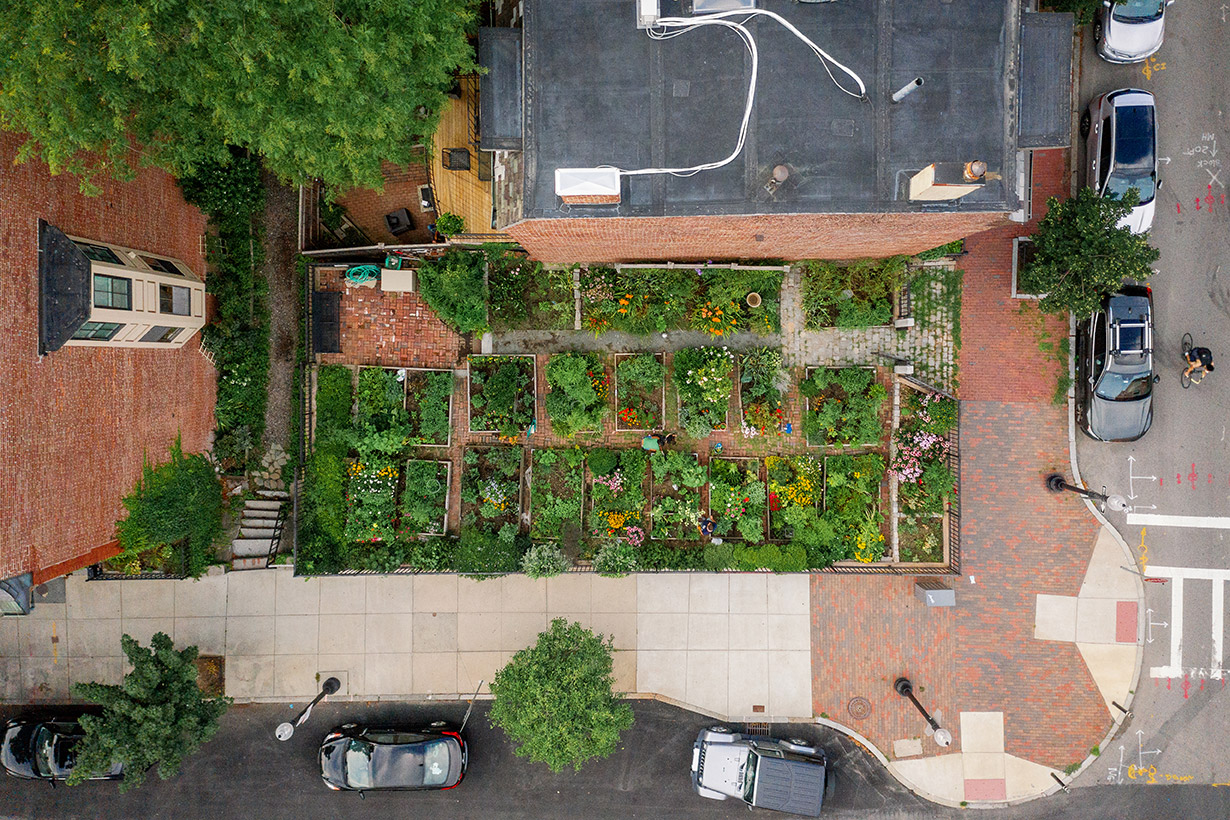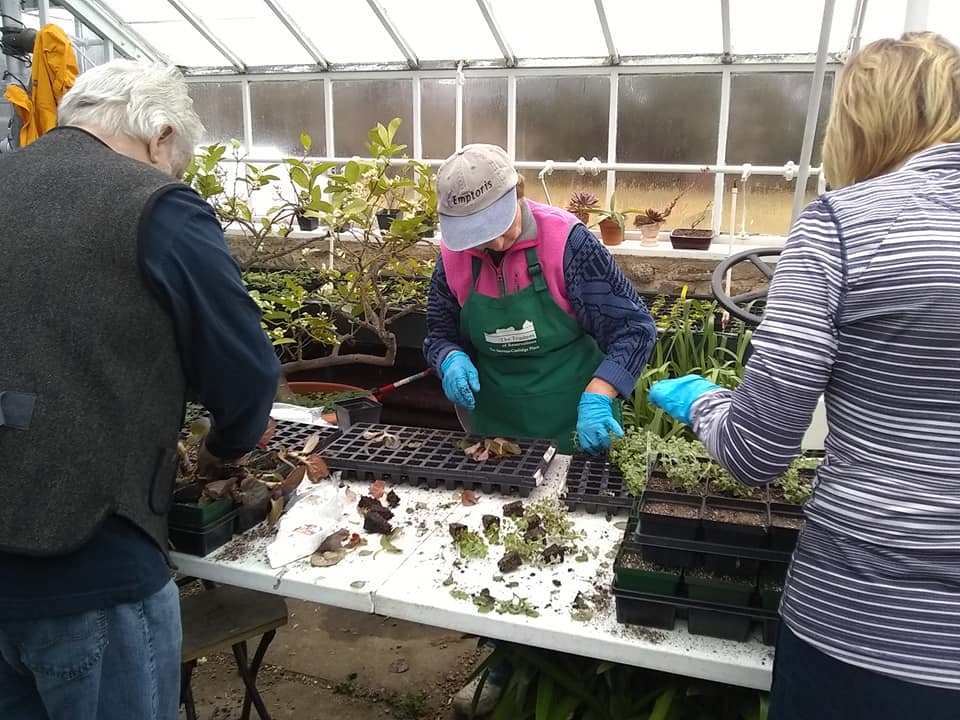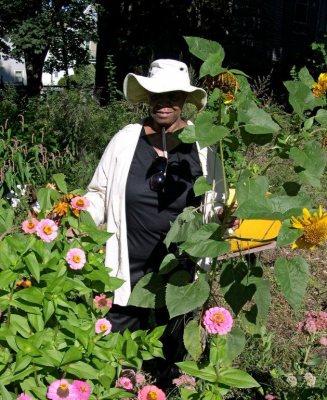As the largest nonprofit owner of gardens in Boston, The Trustees is uniquely positioned to support food access and connect people to nature in their own neighborhoods. The quality of life of city residents and their ability to enjoy public open space have been at the heart of our mission since Charles Eliot founded The Trustees in Boston 131 years ago. More than a century later, expanding urban access to green space, to food, and to community resources remains a pillar of our work.
With the warm weather finally here to stay in New England, our community gardens are springing to life. We kicked off the growing season with our 46th annual Gardeners’ Gathering, held remotely earlier this spring in partnership with Boston Mayor Michelle Wu. You can check out all the how-to gardening videos, as well as historical and agricultural programming, on our YouTube playlist here.
Founders Circle members like you provide critical support to the maintenance, expansion, and programming at our 56 Boston Community Gardens. On June 18, Founders Circle members will have the opportunity to get a special, up-close look at our gardens while dining on food from one of Boston’s top chefs at our South End Summer Stroll. Visit the event page to learn more.
To learn how our gardens are having a positive impact on the lives of thousands of Bostonians, check out the interview below with The Trustees’ incredible Vice President of Urban Outdoors, Vidya Tikku.
How did you get involved with community gardens and The Trustees?
I came to The Trustees through working with the Boston Natural Areas Network, a nonprofit that managed a number of neighborhood gardens in Boston that were started as early as the 1970s. They affiliated with The Trustees in 2006, leading to a full merger in 2014, moving all the gardens under Trustees’ stewardship and care.
Over the years, The Trustees has worked to preserve what existed and protect new gardens, providing resources like seeds and growing tools while also running community programming in the gardens.
Today, we have 56 community gardens that span eight Boston neighborhoods. In total, they contain just over 1,600 garden plots that feed more than 8,000 people each year.
How are the gardens managed?
We are a small and mighty team of five, and we are so grateful for the invaluable help and leadership of our volunteer garden coordinators who provide on-the-ground support. The coordinators are generally neighbors and grassroots community leaders who help us run the garden and scale up how many gardens we can service. (You can read about Elnora Thompson, the garden coordinator at the Nightingale Community Garden here, or watch a video about Renee Burgess, garden coordinator at Greenwood Community Garden here.)
Having neighborhood-based leadership also makes each garden wonderfully unique and special. We want each garden to reflect the food, language, and culture of its community. Planning each garden to look and feel like a part of the neighborhood makes it easier for people to feel welcome, and it creates space for cross-cultural interactions and unexpected friendships.
Why are these gardens so important?
The gardens allow thousands of people to grow organic and culturally relevant foods not generally accessible in their neighborhoods. Many gardeners end up growing excess food that they share with their friends, neighbors, and local food pantries.
Traditionally, the gardens have always been welcome centers for diverse communities, such as the refugee and immigrant populations that are the fastest-growing populations in our neighborhoods like Dorchester, East Boston, and Mattapan. Most of these people are already experienced farmers and only need to be oriented to urban soils and the New England weather.
We’ve also seen people’s interest in our community gardens increase in recent years, especially through COVID-19. Many gardens have waiting lists of anywhere from 10 to 100 people. Several gardeners have stepped up and are sharing their plots currently to help provide access to more families, several of whom are looking to supplement their family food budgets.
For those who want to support the community gardens while working in their own gardens, we also run a native plants and seedling sale through City Natives, our nursery and horticultural learning center in Mattapan.
How did COVID-19 affect our gardens?
None of our gardens closed during the COVID-19 pandemic. This was so beneficial to the gardeners who were able to interact with each other while staying socially distanced and continue to access the outdoors and fresh food.
During the first months of COVID-19, we also learned how to transition our programs to run online. Unexpectedly, our program participation increased. As a result, our Boston Engagement Manager, Michelle de Lima, is developing hybrid programming this year where we can run in-person programs for people in the gardens and record them for anyone to access from home at any time.
We’re reaching about 18,000 people through programing and events every year. And it’s not just gardening workshops—we have yoga classes, art installations, concerts, afterschool programs, and more in the gardens.
The audience we are really focused on is the 125,000 people that live within a quarter mile of our 56 locations. We want to be able to invite everyone into these spaces, not just the gardeners who have plots.
What is the future for our community gardens?
Two-thirds of the total population of Massachusetts live in Boston and Springfield, and by 2050, more than 70 percent of the world’s population is expected to live in cities. At The Trustees, we are deeply committed to connecting people with exceptional places. To do so, we have to be where our people are—in the cities.
Our President and CEO, John Judge, has championed this idea since he joined The Trustees this past January. He is committed to the role we play in food justice in Boston and partnering with the city to expand access to open space, including our ongoing project to develop a climate-resilient waterfront park in East Boston, Piers Park III.
In terms of the near future, we recently began the process of expanding the Winthrop Community Garden, with renovations expected to start next month. The renovated garden will have a new design that features remediated soils, new irrigation and garden plots, and improved access for people with limited mobility.
Don’t miss out on your chance to take an evening stroll through our community gardens in the South End on Saturday, June 18, ending with dinner prepared in the gardens by Chef Colin Lynch of Bar Mezzana. Visit our South End Stroll event page to learn more.
